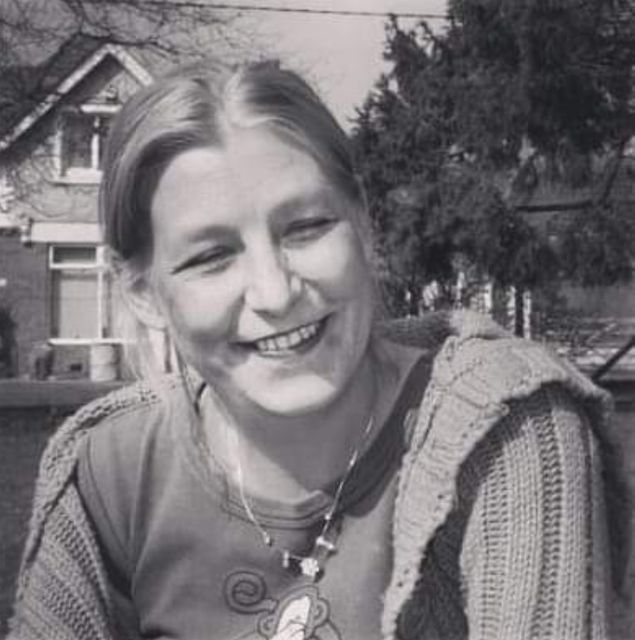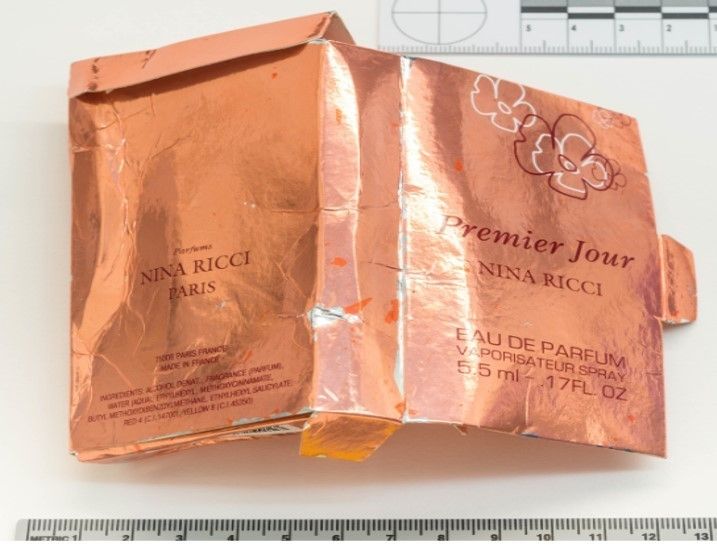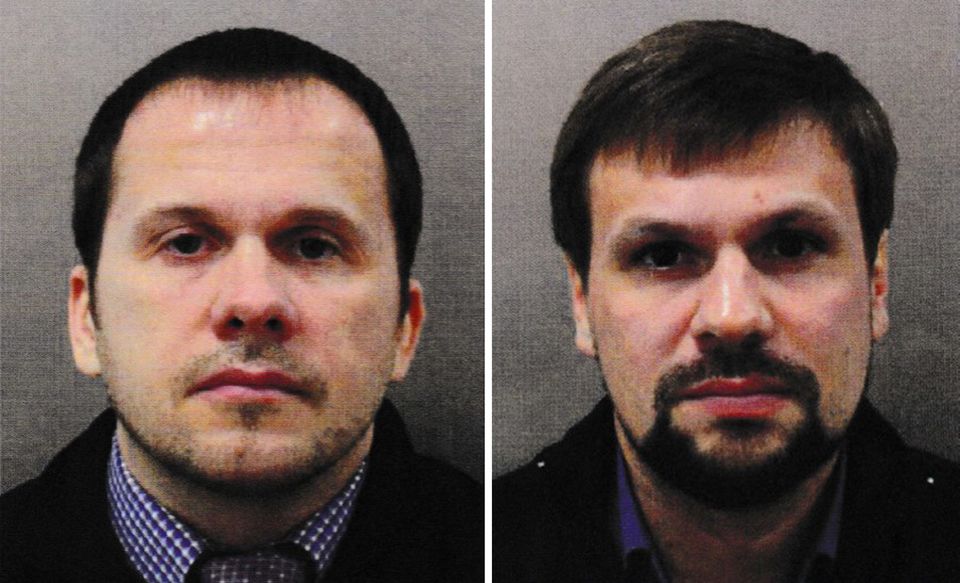Two suspects in the Salisbury poisoning visited the city “for reconnaissance purposes” the day before former Russian spy Sergei Skripal and his daughter Yulia were poisoned with Novichok, a senior police officer has said.
The Dawn Sturgess Inquiry was shown mobile phone cell site data from March 3 2018, and Commander Dominic Murphy, head of the Metropolitan Police’s Counter Terrorism Command, said it is the police’s assessment that all three suspects – Sergey Fedotov, Alexander Petrov and Ruslan Boshirov – met at Waterloo Station in London before Petrov and Boshirov travelled to Salisbury.
There is no cell site material relating to Petrov or Boshirov’s phones in Salisbury on March 3 or 4. Boshirov’s phone was “off the network” and Petrov’s phone disconnected from the network in the Waterloo area, the officer said, adding that he believes this was so as “not to connect them to that journey and/or Salisbury”.
Dawn Sturgess (Family handout/Home Office/PA)
CCTV of Petrov and Boshirov in Salisbury on March 3 was shown to the inquiry, along with a route they are believed to have taken.
The pair appear to be looking at phones at various times, and Mr Murphy said he believed the handsets could have been switched on but not cell siting, meaning they could still be used for navigation.
Petrov and Boshirov returned to the train station, then walked back to the Skripals’ house again, said Andrew O’Connor KC, counsel to the inquiry.
Mr Murphy said his assessment is that both journeys in Salisbury on March 3 were “for reconnaissance purposes so that they could familiarise themselves with the location of the home address in relation to other parts of Salisbury and the train station”.
Mr Skripal, his daughter Yulia and former police officer Nick Bailey were poisoned by Novichok in the Wiltshire city in March 2018.
Undated handout file photo issued by the Metropolitan Police of the counterfeit perfume box found by Charlie Rowley. (Metropolitan Police/PA)
Ms Sturgess, 44, died on July 8 2018 after she was exposed to the nerve agent, which was left in a discarded perfume bottle in nearby Amesbury, Wiltshire.
The inquiry heard on Tuesday that Operation Caterva, the counter terrorism police investigation into responsibility for the poisoning, ran at a higher grade of security, at “top secret” with a “need to know basis”, and the main partner in the investigation was MI5, Mr Murphy said.
He said the investigation identified three individuals – Petrov, Boshirov and Fedotov – and investigators were able to “ultimately gain significant amounts of information to work with the Crown Prosecution Service to secure charges for all three of these individuals for their involvement in the events in Salisbury”.
Petrov and Boshirov attended Salisbury and, “according to our case, at least applied poison to the front door of Sergei and Yulia’s home address and subsequently deposited Novichok in Salisbury”, the officer added.
Mr Murphy said: “The investigation was able to demonstrate that they were members of the Russian intelligence unit known as GRU.”
Alexander Petrov and Ruslan Boshirov (Metropolitan Police/PA)
Petrov, Boshirov and Fedotov arrived in London on March 2 2018. Fedotov arrived at Heathrow and Petrov and Boshirov arrived at Gatwick, and they left on March 4, the inquiry heard.
Mr O’Connor put to Mr Murphy that Novichok might have been brought into the country with them as they arrived.
The officer said: “That’s of course one possibility, yes, and I think it’s important to say that the Novichok was in a bottle. It was in fact made to look like an ordinary perfume in an ordinary perfume bottle so would have facilitated transport in some way.
“We don’t actually know, it’s important to say, how it came in, but it’s important to say that it has been created that way to allow it to be transported.”
He agreed that it could have been brought into the country by Petrov or Boshirov, and also that another possibility is that Fedotov could have brought it into Heathrow and given it to them after they arrived in London.
Asked if he was able to say whether detection systems at Gatwick or Heathrow would have identified Novichok if it had been carried in hand or hold baggage, Mr Murphy said he was not able to talk about that in the open session.
The inquiry continues.


